Children's Hospital of Philadelphia Release: Children In Low-Income Families Exhibit Poorer Cognitive Development As Early As Age One
By age one, infants in low-socioeconomic families have already been exposed to greater environmental disadvantages that contribute to poorer cognitive and language development, according to a new study from PolicyLab and the Division of Neonatology at Children's Hospital of Philadelphia (CHOP). Published in the Journal of Developmental & Behavioral Pediatrics, this study shows that poverty can impact a child's development as early as age one.
http://www.biospace.com/News/childrens-hospital-of-philadelphia-release/462720







